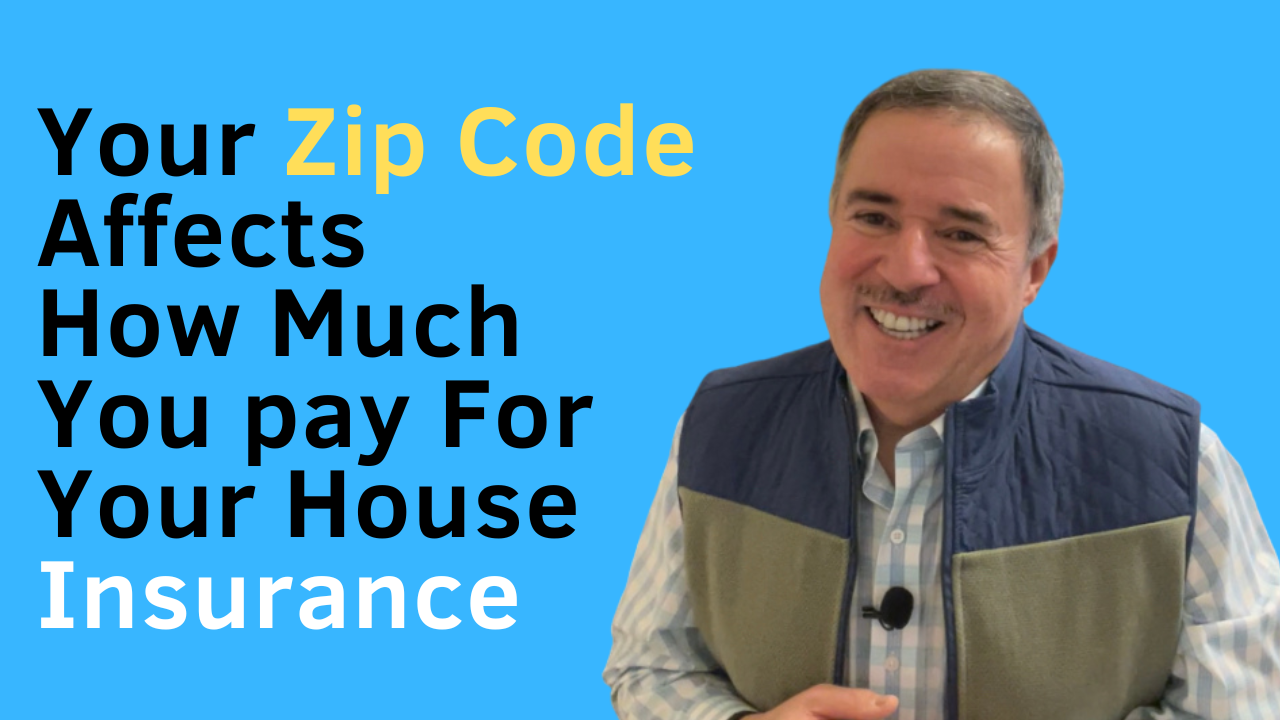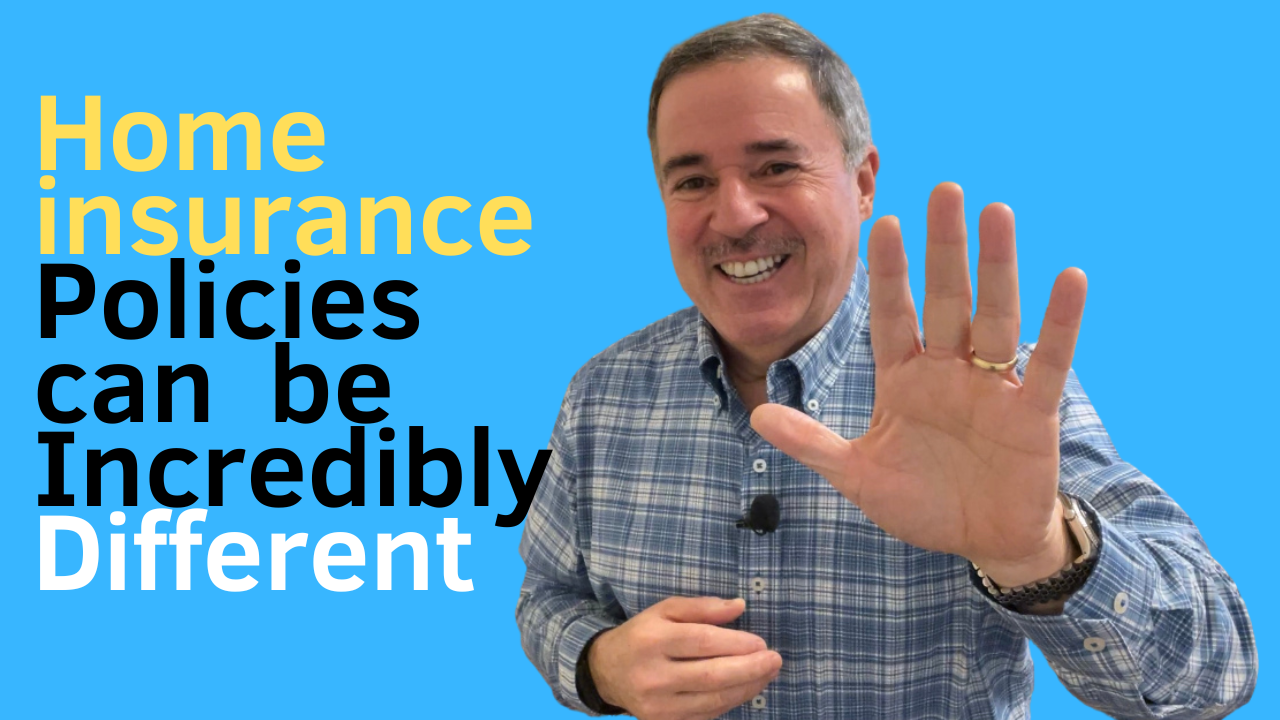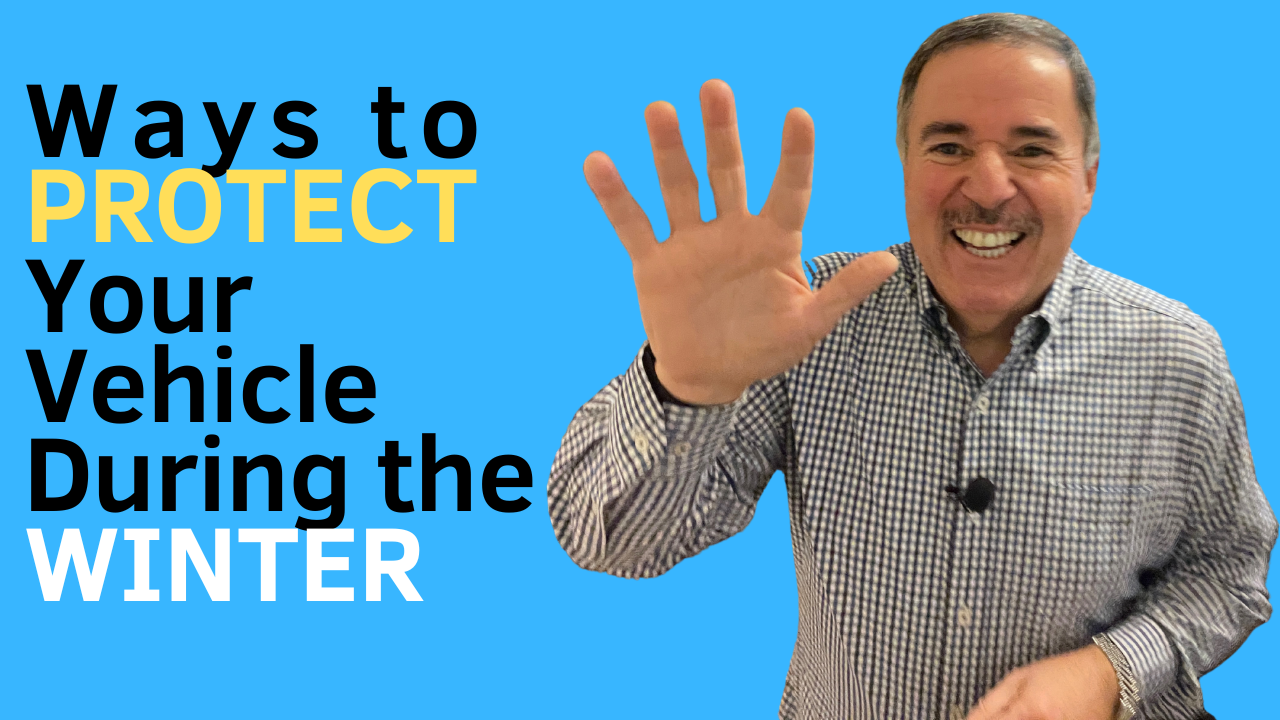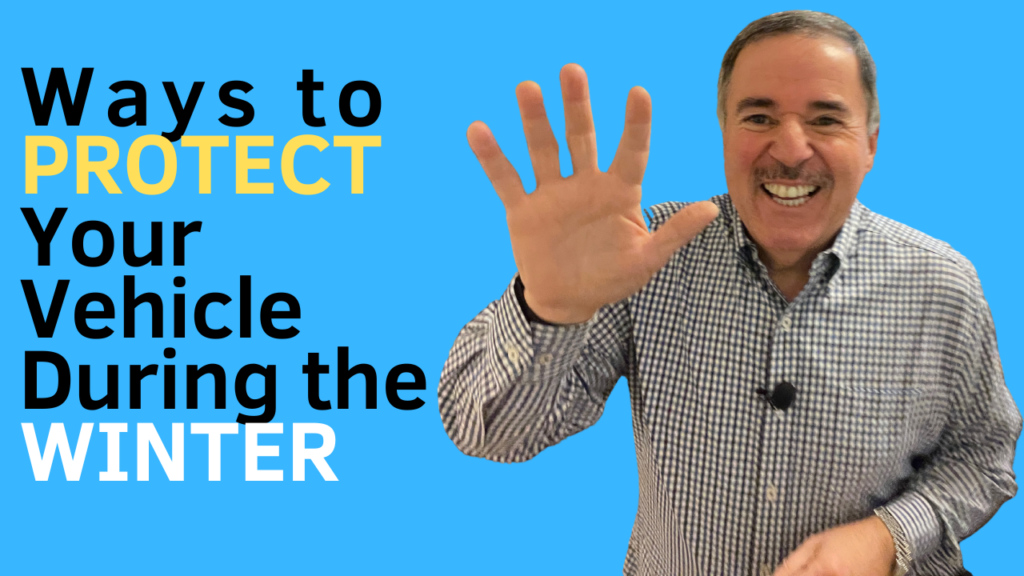How Much Will Your Location Impact Home Insurance Rates?
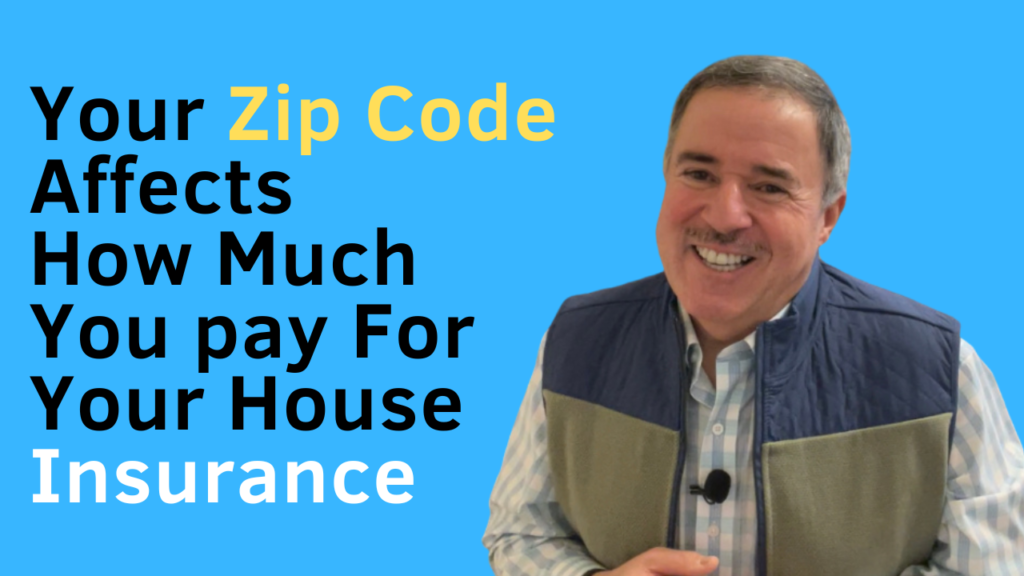
Home insurance is not equal across the board. In fact, there are many, many factors that come into play when figuring your premiums. This includes how rates are affected by the location of the property.
This boils down to how much of a risk factor is associated with your home because of its physical location. And this goes beyond the base an insurer may use for calculations.
What Location Factors Affect Rates?
There are many aspects to consider when pricing out a home insurance policy. Today, we’re just looking at the most common locality issues that will adjust your rates.
While every insurance company is different, these are some of the most used elements for consideration.
State and City Make a Difference
Perhaps one of the biggest location factors for a lot of industries is that of state and city. Your zip code could say an awful lot about everything from insurance rates to groceries.
For instance, what you pay in Boston, Massachusetts, would be significantly different than in Williamstown, Massachusetts, for an identical home. That’s before other factors are even calculated.
Rates can also be adjusted for the location of the neighborhood itself. If your home is in a particularly dangerous area, rates could easily go up. This is because occurrences like vandalism, theft and other crime-related events are more likely to result in claims.
Proximity to Houses and Buildings
How close your home is to any other structure may result in higher insurance rates. This is because there is a greater risk to the property.
For instance, let’s say your home is very close to another. If that other house catches fire, your home is at a much higher risk of joining the blaze. And it’s not just other homes, as your rates may increase if any building is extremely close to your house.
Proximity to Fire Protection Services
In many instances, simply the location of a fire department may affect rates. This includes elements such as whether there is a nearby fire hydrant.
The bottom line is that the longer it takes departments to put out a fire, the more damage that is done. This results in a higher rate of claim, which then translates to higher premiums.
Weather Risks of Locations
Weather will also play a factor in home insurance rates, especially as you’ll have to add extra coverage for specific types of weather events.
For instance, those who live in a tornado-prone area are more likely to face tornadoes, while those closer to the west coast have more concerns about earthquakes. People who live in hail-prone areas that cause damage to vehicles, homes, and other property.
If the location of your home experiences specific weather patterns, you’ll be on the hook for more expensive policies.
As Location Will Affect Your Rates, Keep Discounts in Mind
Where your home is located will directly impact your home insurance premiums. However, there are also many ways you can secure discounts to save you on your annual insurance premium.
At Vargas & Vargas Insurance, we can help you find those discounts while accessing a network of providers to save you the most money possible. Contact us today to find out how we can assist with your insurance needs.


